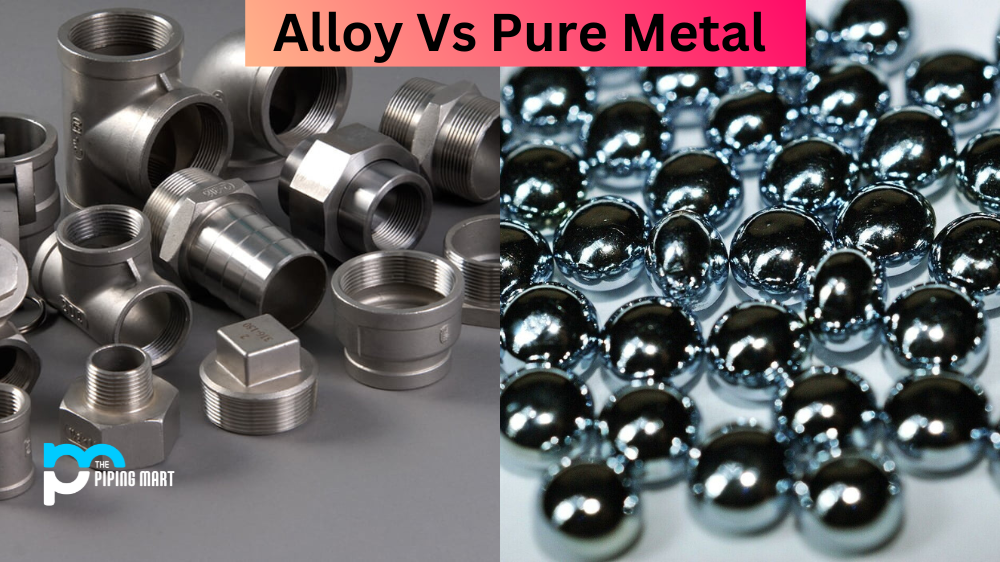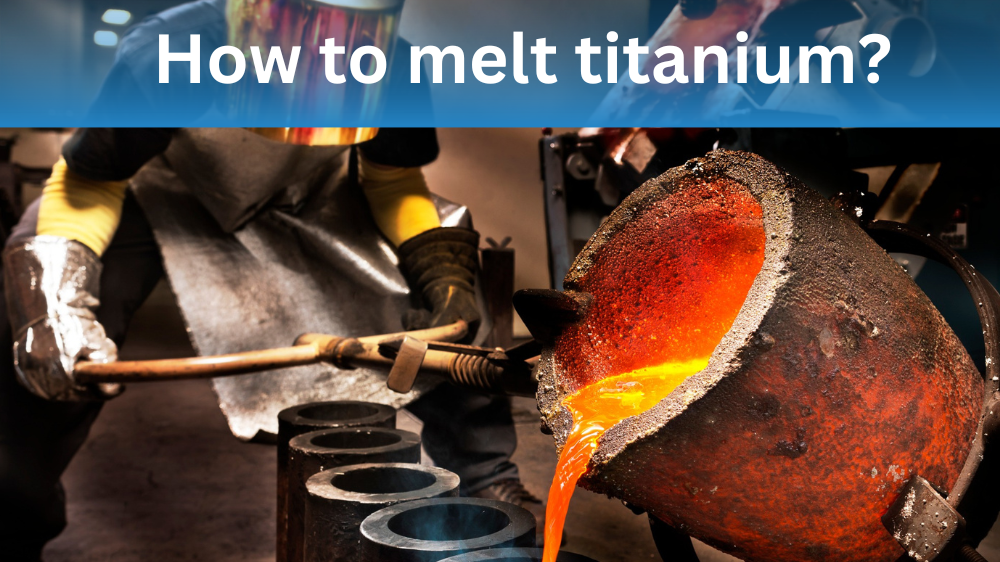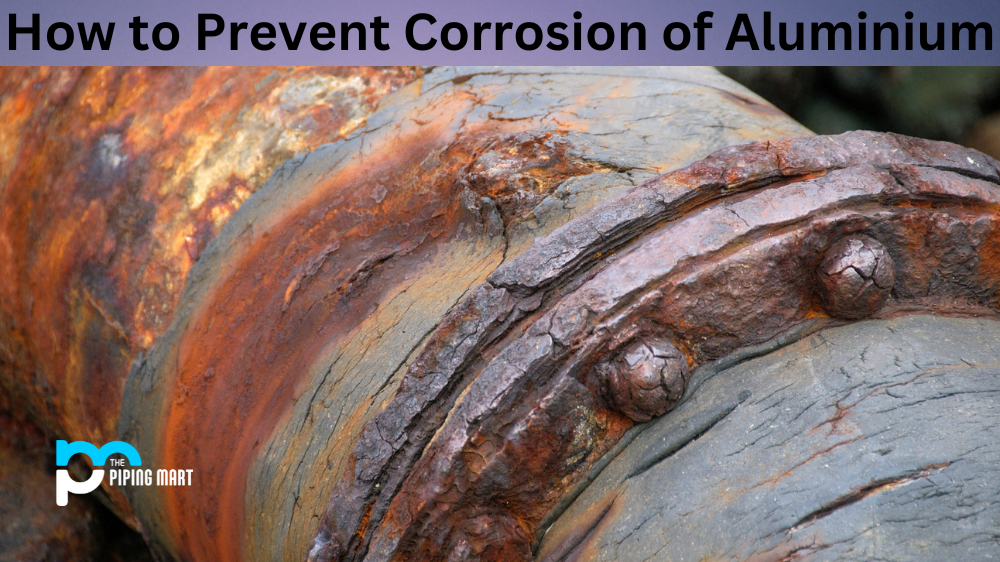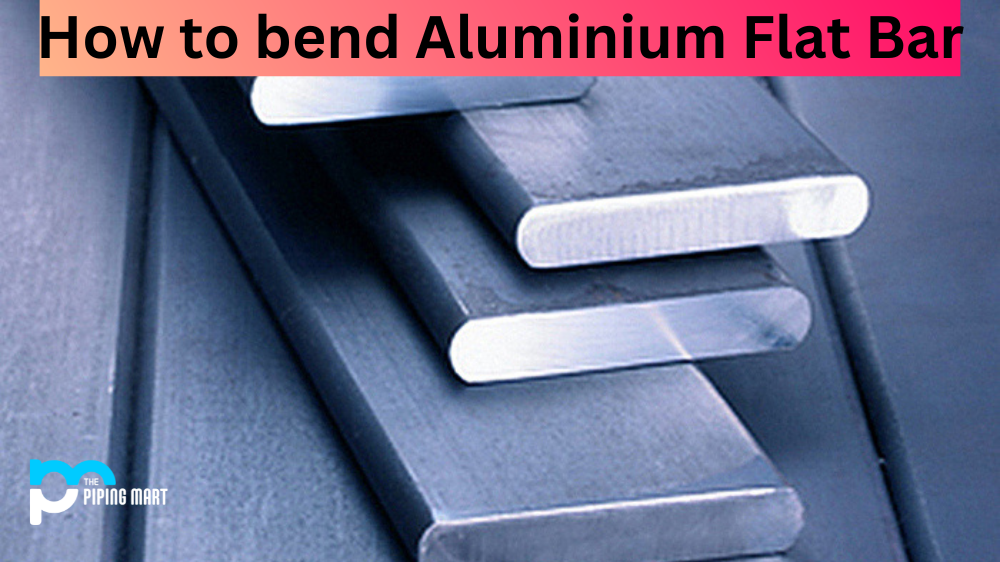If you’re in the market for metal, you may have noticed that there are two main types of metal available to purchase: alloy and pure metal. But what is the difference between them? This blog post explains the basics of alloy vs pure metal so that you can make an informed decision when it comes time to purchase.
Difference Between Alloy and Pure Metal
The primary difference between alloy and pure metal is that an alloy is a mixture of two or more metals, while a pure metal is made up of only one type of element. Alloys are usually created in order to combine the desirable characteristics of each component material into one product. For example, steel is an alloy made up primarily of iron and carbon. It has many advantages over pure iron, such as increased strength and greater wear resistance.
Another important factor to consider when comparing alloy vs pure metal is cost. Alloys tend to be significantly cheaper than their pure counterparts because they can be produced in bulk at lower costs. They also require less maintenance than pure metals due to their increased durability and corrosion resistance. On the other hand, alloys can be more difficult to work with since different components may have different melting points or react differently during fabrication processes such as welding or brazing.
When deciding between purchasing alloy or pure metal for a project or application, it’s important to consider both cost and performance factors. If cost savings are your main concern, then an alloy may be the way to go; however, if performance is paramount, then a higher-cost option such as a pure metal may be worth considering despite its higher price tag.
- Alloys are stronger and more durable than pure metals.
- Alloys are less likely to corrode than pure metals.
- Alloys can be designed to have specific properties, such as being heat resistant or non-conductive.
- Alloys are often less expensive than pure metals.
- Alloys can be recycled more easily than pure metals.
Conclusion:
In conclusion, there are several important differences between alloy and pure metals that should be considered when choosing which type of material best fits your needs. Alloys offer great cost savings but may not always provide optimal performance depending on your application requirements. Pure metals tend to have superior performance characteristics but come with a hefty price tag associated with them. Depending on your project’s specific needs, either option could be suitable; just make sure that you weigh all factors before making a final decision!

Abhishek is a seasoned blogger and industry expert, sharing his insights and knowledge on various topics. With his research, Abhishek offers valuable insights and tips for professionals and enthusiasts. Follow him for expert advice on the latest trends and developments in the metal industry.




